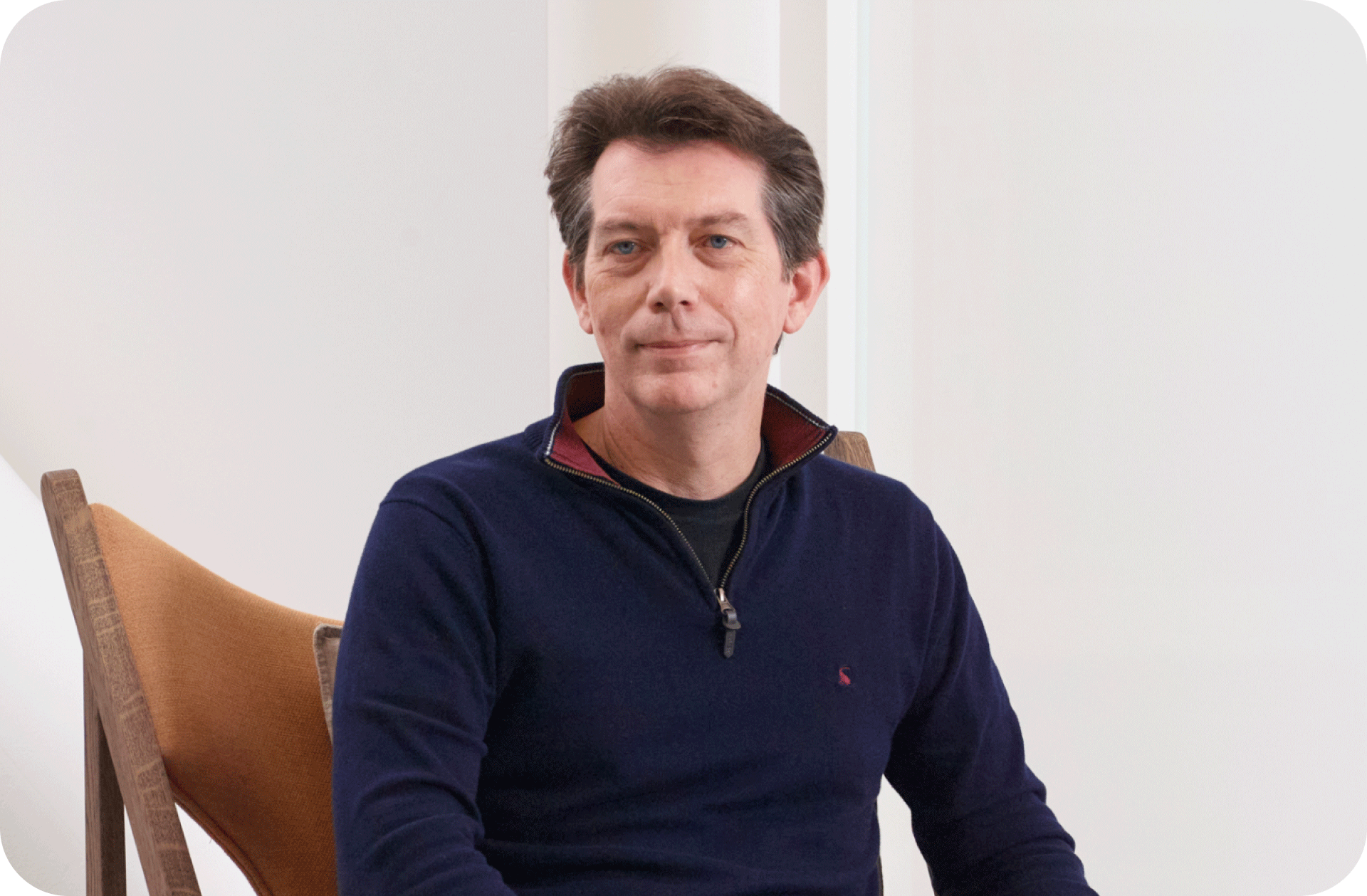There’s no shortage of old maxims telling us that we should always be willing and able to learn something new, rather than simply applying what we already know.
Few people, however, talk about how difficult this can actually be.
Sometimes it’s our very expertise that can be one of the biggest obstacles to continual learning. In many environments, people like me are heavily utilised for our knowledge, but don’t always have the opportunity or the bandwidth to be a student as much as a teacher. Particularly in fields like science, researchers can devote decades of their lives to one topic or method of exploration. We are called upon to contribute from our areas of expertise, and get used to being the expert in the room.
Due to that very expertise, it can be uncomfortable to admit what we don’t know or to make the shift from expert to novice. But not allowing for that discomfort prevents us from breaking down the silos that are essential to really transforming the way things have traditionally been done.
Achieving our mission of revolutionising drug discovery at Isomorphic Labs will, of course, depend on our ability to attract the best talent in chemistry, biology and computer science - but these individuals will not be able to work only in the domain in which they are experts for us to reach our goals. Our task is interdisciplinary by nature: success will depend on combining the expertise of subjects and methods which at times couldn’t be more different. We have to learn from each other, which requires all of us to step out of our comfort zone and into the intellectual vulnerability of our respective unknowns.

Using myself as an example, I’m not a mathematician. I marvel at the speed at which our machine learning team does their work, runs their simulations and can assess the probabilities of multiple outcomes. Having long experience within my own field, it's both humbling and exciting to adopt a beginner’s mindset and to immerse myself into what others in different areas might think are the basics.
Reaching beyond our comfort zones requires some personal resilience. We’re striving to create an environment where colleagues at Isomorphic Labs feel like they have permission to “not know”. This starts with trust, and so spending time to get to know each other as people has been a key part of allowing us to connect, appreciate our different backgrounds and understand what makes us tick.
We’re also focused on hiring people who are naturally willing to be generous with their time to teach their co-workers what they know. For every moment where I’ve struggled with an unfamiliar topic, I can think of many others where someone has graciously shared their knowledge, helping me see a challenge through the lens of their expertise. Some of this has been as informal as me pulling up a chair to talk to them about what they’re doing; others have been through more formal “tutorial” sessions where a member of the Isomorphic Labs team talks in more depth about their field.
Finally, we’ve thought carefully about how we create room for mistakes to be made when doing the work that will get us closer to achieving our mission. The reality is that today we get more things wrong than we get right in drug design. Fostering a culture where individuals can feel comfortable enough to work together and learn without the added pressure of being penalised for making a mistake is critical for us to be effective in working towards our goal.
One way we’ve been testing this out has been through creating “sandboxes,” akin to the approach taken by our colleagues at DeepMind when they developed AlphaGo. Here, machine learning capabilities were developed and enhanced with a striking and measurable outcome. At IsoLabs, we have established simple drug design settings to test our new platforms quickly and unambiguously. This has also allowed us to build strong relationships and learn from what’s less familiar, working together to explore approaches that are required to achieve our ambition.
We think of the process of drug design as a guided search, where we’re drawing on what we learn along the way to navigate a chemical landscape of almost infinite possibilities, and land on the optimal combination. And similarly, I find that my experience at Isomorphic Labs mirrors that process through the generosity and enthusiasm of my colleagues from other disciplines. This isn’t about any one person’s efforts - this is a collective endeavour for a collective purpose. And it’s great to work in an environment where, no matter how deep our expertise, we all continue to learn from one another whilst working towards a shared and greater mission.
Interested in joining Miles’ team? Register your details here